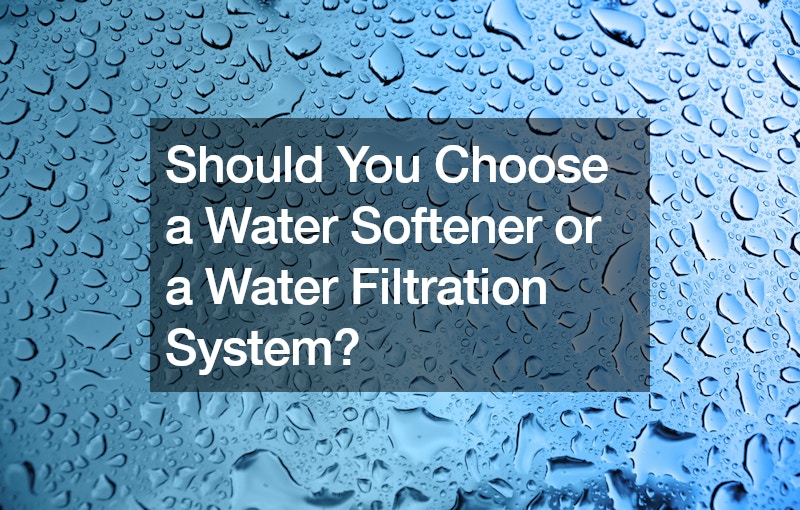

If you see a silvery-white deposit on the faucets in your home, this is evidence that you have “hard water.” In this video, viewers learn the difference between using a water softener and water filtration systems for homes. These deposits are a combination of calcium and magnesium, and they are found with the “hard water” found in some local water systems.
Hard water contributes to drying your hair and skin.
According to Healthline, hard water also has the potential to change the pH of your skin. This change will compromise your skin’s ability to be a barrier against infection. A decreased infection barrier can be hazardous to someone with eczema.
Water softeners used at home work by becoming ion exchangers. This ion exchange process will activate an exchange between calcium and magnesium and replace it with sodium ions. When this occurs, it will make the water “soft.” This chemical composition for water will not leave a deposit on your faucets.
A water filtration system works by reverse osmosis. This process pushes water upward through a semi-permeable membrane to remove contaminants or excess chemicals. A water filtration pump facilitates the pushing of the water. Your plumbing contractor may be able to advise you as to which system might be your best choice.






